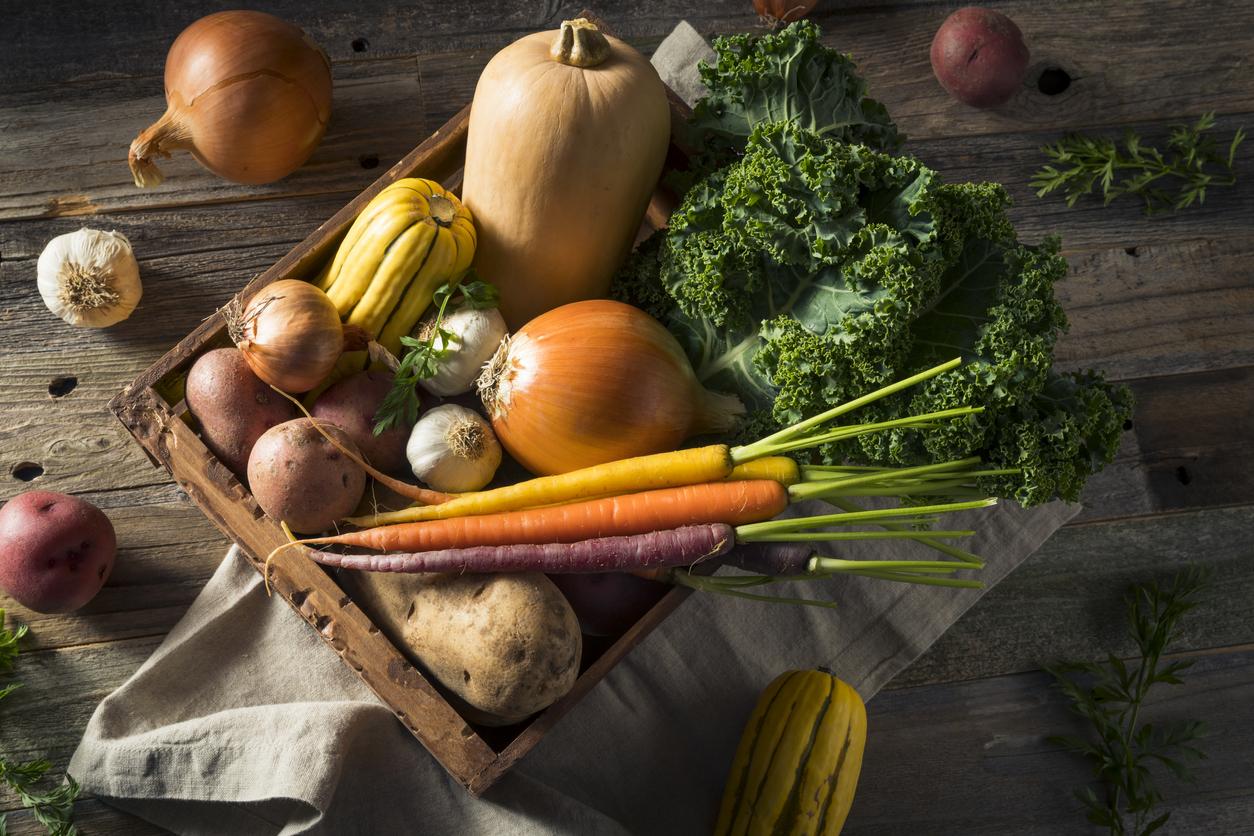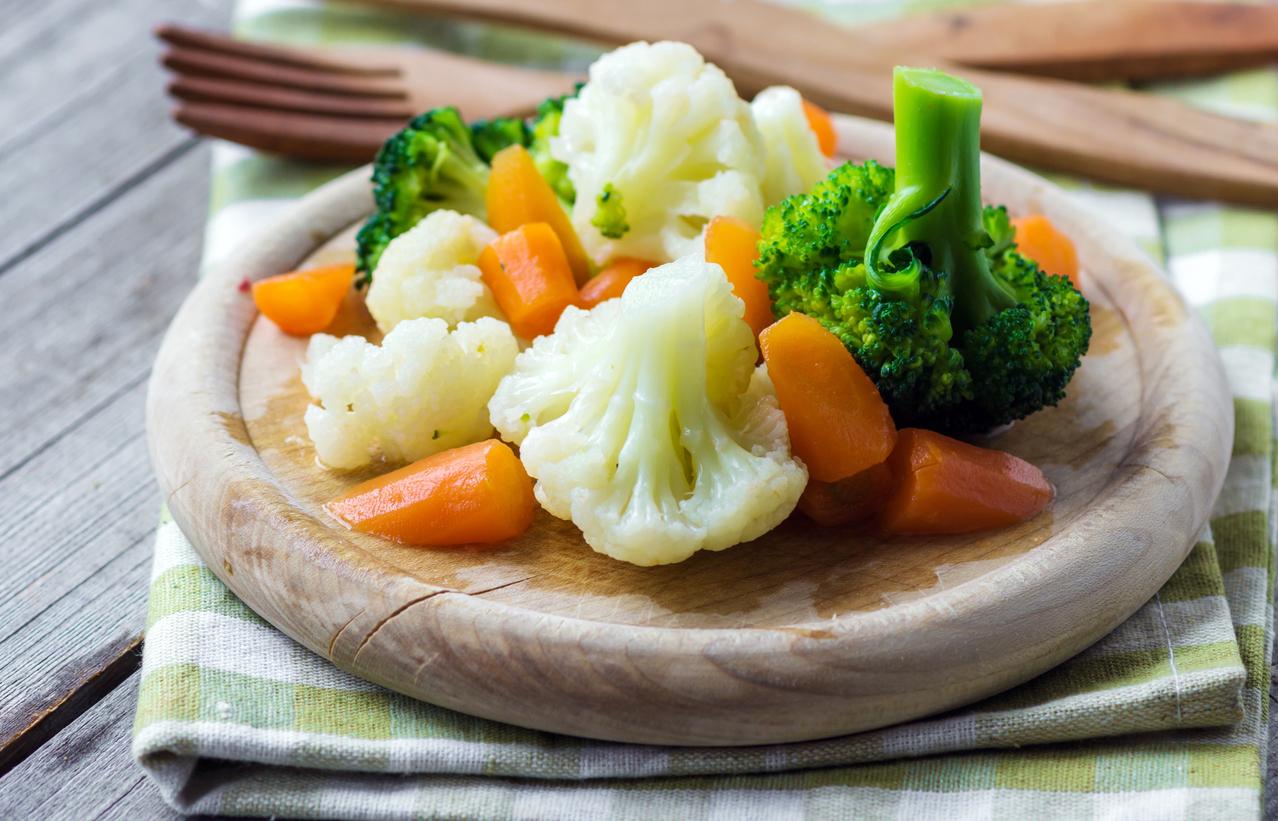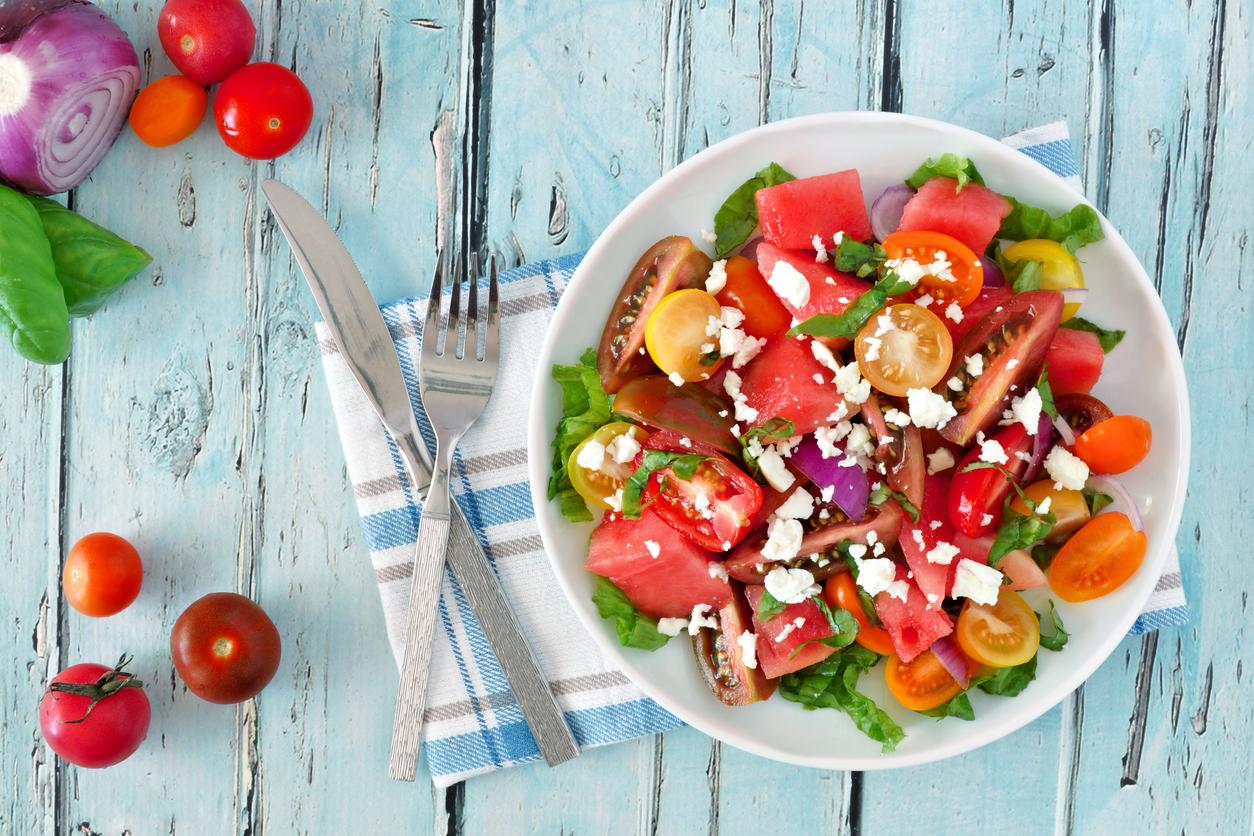Favoring autumn vegetables, rich in vitamins C and B9 as well as vitamin K1, is recommended. Why eat these foods? Why Doctor explains to you.

- To strengthen your immune system, it is advisable to eat seasonal vegetables.
- They contain vitamins C, B9 and K1 which meet the body’s needs in autumn.
- Seasonal vegetables are also more affordable and locally produced.
To properly prepare for winter, diet plays an important role. Fall vegetables are rich in nutrients and vitamins necessary to strengthen the body’s immune system.
Autumn vegetables: a source of vitamins
Fall is the ideal season to eat fresh, seasonal vegetables. Autumn vegetables such as carrots, squash, leeks, pumpkins, chard and cabbage are particularly rich in vitamins C and B9. These nutrients are known to strengthen our body’s natural defenses and help us fight winter illnesses.
According to’National Agency for Food, Environmental and Occupational Health Safety (Anses), vitamin C “involved in major functions of the body: defense against viral and bacterial infections, protection of the wall of blood vessels, assimilation (and absorption) of iron, antioxidant action, healing”.
There vitamin B9 is also very important, particularly in the production of DNA, RNA, new cells and red blood cells as well as in the proper functioning of the nervous and immune systems.
In addition, these vitamins C and B9 are water solublethey can therefore dissolve in water, there is no risk of overdose because they are eliminated through urine.
In addition to strengthening our immune system, fall vegetables are also an excellent source of fiber, minerals and antioxidants. They thus help to maintain good digestive health, prevent deficiencies and protect our cells against oxidative damage.
Vitamin K1 for blood clotting
In addition to vitamins C and B9, certain fall vegetables are also an excellent source of vitamin K1, such as sweet potatoes or legumes. This vitamin is essential for blood clotting and the health of our bones.
This vitamin is fat soluble, it dissolves in fats. Be careful not to consume too much because it is stored by the body and an overdose can be harmful.
In addition, it also participates in the regulation of bone density and thus helps prevent osteoporosis and fractures.
The benefits of seasonal vitamins
It is important to consume seasonal vitamins because they are fresher and richer in nutrients. Fall vegetables are grown naturally during this time of year, meaning they don’t need to be stored for long periods or treated with chemicals to ripen them. By consuming seasonal vegetables, we obtain vitamins that are more concentrated and beneficial for our health.
Additionally, seasonal vegetables are also more economically affordable, as they are generally produced locally and do not require long journeys to get to our plates.
Don’t hesitate to include these vegetables, as well as fruits such as plums, grapes and hazelnuts, in your diet this fall to stock up on energy and preserve your health.

















